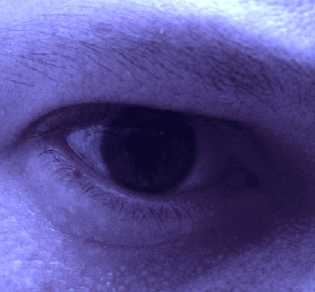Where to begin? Well, let's pluck the lowest hanging fruit first...
"I've got my own moral compass to steer by
A guiding star beats a spirit in the sky
And all the preaching voices -
Empty vessels ring so loud
As they move among the crowd
Fools and theives are well disguised
In the temple and marketplace"
[Faithless, Snakes & Arrows, 2007]
Interesting. With "empty vessels ring so loud" Peart makes reference (perhaps unknowingly) to 1 Corinthians 13:1
"If I speak with the tongues of men and of angels, and have not charity, I am become as sounding brass, or a tinkling cymbal" (Douay-Rheims)
"If I speak in the tongues of mean and of angels, and have not love, I am a noisy gong or a clanging cymbal" (RSV)
This would be a stretch if it were not for a subsequent citation of 1 Corinthians 13:13:
"But I still cling to hope
And I believe in love
And that's faith enough for me"
[ibid]
I'm sure you can see the irony of Peart (a drummer) subconsciously using "empty vessels" to chide evangelists, particularly in a song that includes the lyrics "I will quietly resist".
But enough about that. The really interesting thing about "Faithless" is Peart's claims on behalf of his moral compass. With this assertion, more specifically known as "Primacy of Conscience", Peart claims that his own internal guidance is sufficient, and that outside influence is not necessary.
I suppose I could just stop this post with the name "Cho Seung-hui" and leave it at that. Moral compasses are highly over-rated. But perhaps a reference to George Cardinal Pell's thoughts on Primacy of Conscience are in order? And perhaps a discussion of Peart's analogic use of a compass is needed. More later.
Saturday, May 5, 2007
Subscribe to:
Post Comments (Atom)

No comments:
Post a Comment